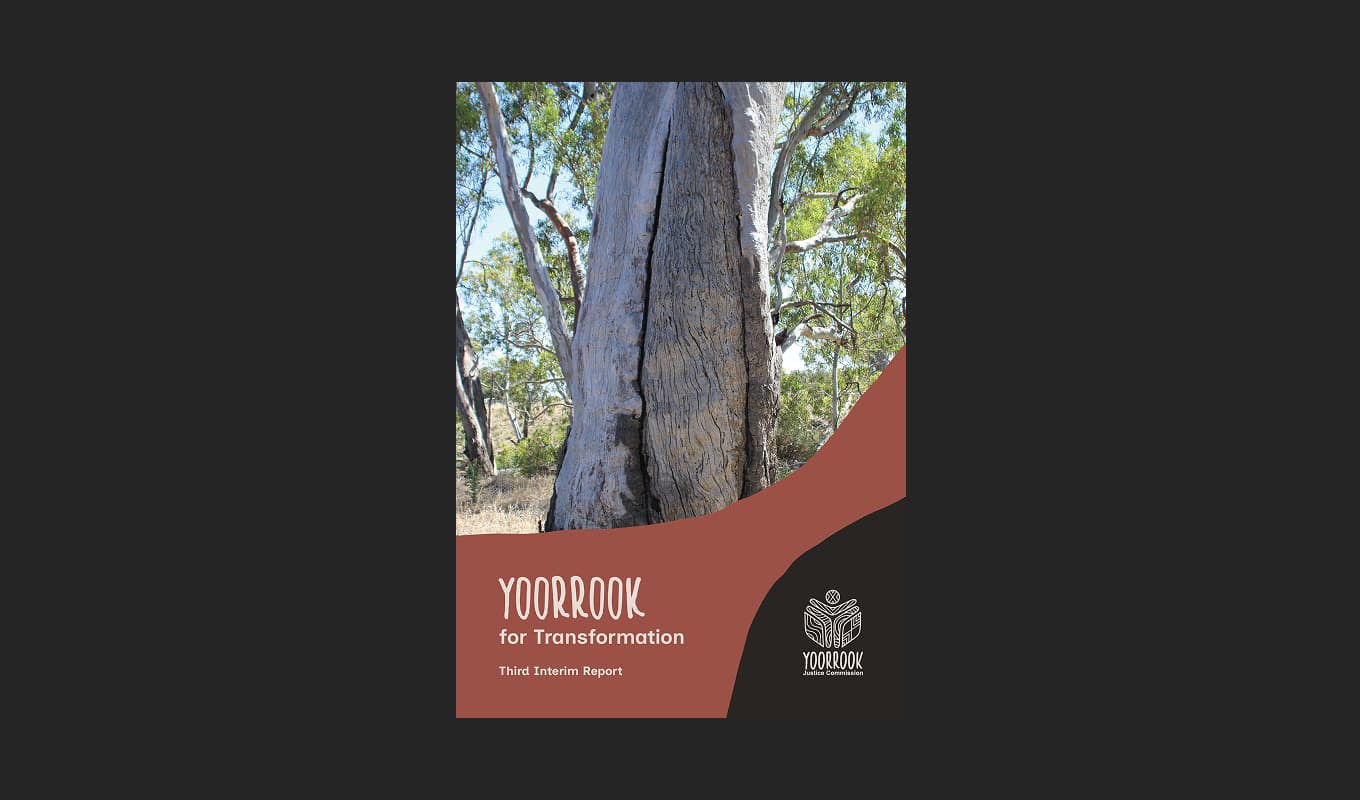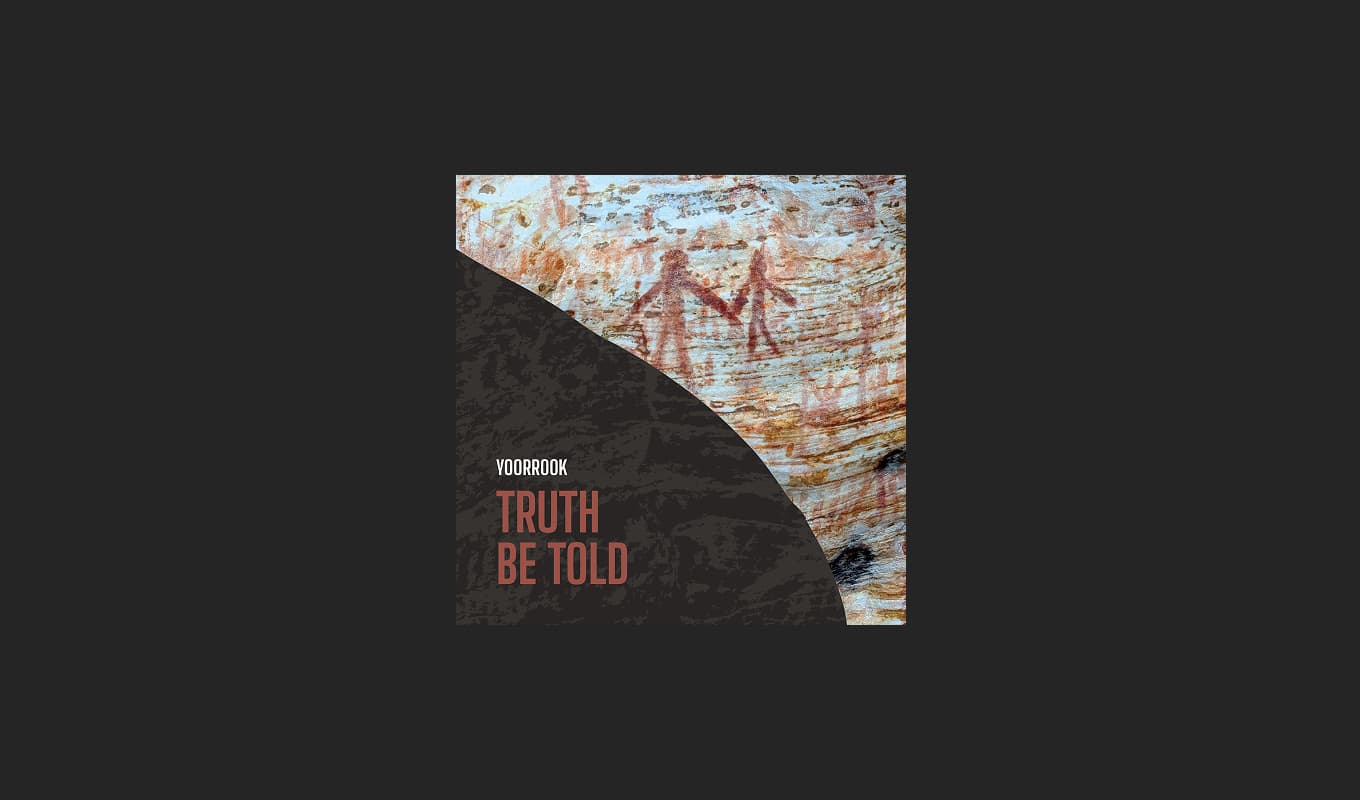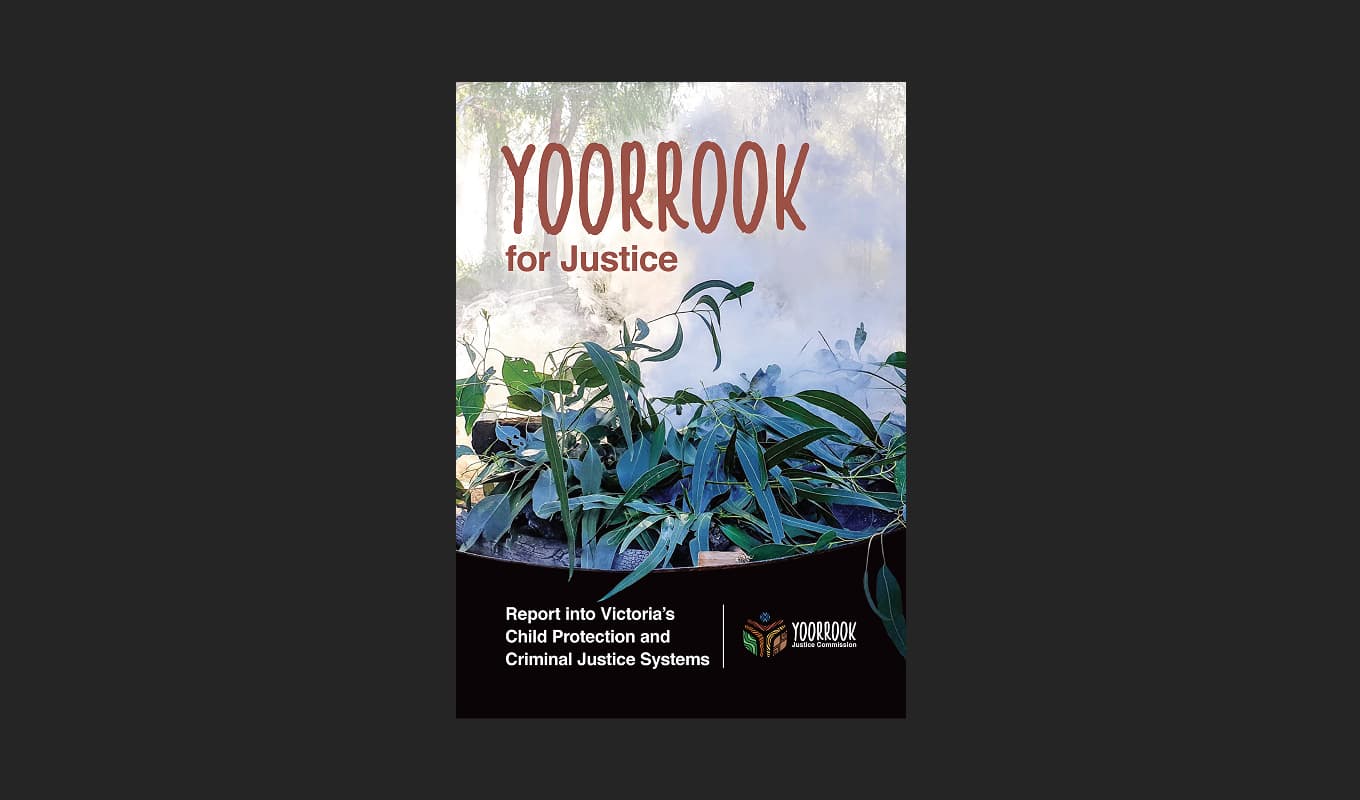Anonymous 1142
In this submission, the author outlines the history of colonisation in Victoria and it's impacts on First Peoples, including massacres, the 'Stolen Generations', segregation and resistance. They highlight the need for truth-telling, respectful listening, and encouraging storytelling.
Submission Transcription
Colonisation has resulted in inequity, racism and the disruption of Aboriginal and Torres Strait Islander cultures. It has been the most detrimental of the determinants of health that continues to significantly influence Aboriginal and Torres Strait Islander health outcomes today. In 1788, there was an estimated Indigenous population of 750,000 people in Australia when the first British fleet entered the coastline of Warrange, now known as Sydney. Contrary to what many Australians think, Aboriginal people actively resisted the British invasion of Australia right from the beginning. Up until as recently as 1960, thousands of Aboriginal people (including women and children) were also massacred while going about their daily lives. Between 1910 and 1970, many Indigenous children were taken from their families and ‘assimilated’ into non-Indigenous homes or placed under State care. These children are known as the ‘Stolen Generations’ and many are still searching for their families today. Many Indigenous Australians were segregated from other Australians and relocated to missions and reserves. Up until 1967, Indigenous Australians weren’t counted in the government census.
My schooling years from 1985 to 1998 had little to no coverage of First Nations history and culture.
I would welcome some ground truthing of the 1788 story, and the resulting impacts of colonisation to this day. This was a defining moment that forever altered the trajectory of thousands of years of cultural history, custom and Country practices.
Our first role is to listen respectfully. A greater understanding of privilege, and the unearned benefits and advantages that stem from colonisation and the White Australia policy.
Our first role is to listen respectfully. A greater understanding of privilege, and the unearned benefits and advantages that stem from colonisation and the White Australia policy.
Truth-teller consent
Contact us about this submission
Contact us if you’d like to discuss this submission.
Similar submissions
Explore submissions from other witnesses that discuss similar topics.
Mary Hassall
This submission is from Mary Hassall, a descendant of James Hassall, after whom the Hassall creek on Gunditj Country is named. It discusses her resear... more
Viki Sinclair (Fowler)
Viki Sinclair is a direct descendant of one of the original settlers of Gippsland, Colin McLaren. In this submission, she tells her personal story of... more
Gayle Carr
Gayle Carr makes this submission on behalf of herself, Kathryn Williamson and the late Diana Halmarick. It outlines the range of historic reference ma... more
Gerard Finnigan
Gerard Finnigan is a non-Aboriginal person who grew up on Gunditjmara Country and has been mentored by and worked with First Peoples throughout his li... more
Reports and Recommendations
Read the official reports and recommendations of the Yoorrook Justice Commission.

Yoorrook for Transformation
Third Interim Report: A five-volume comprehensive reform report presenting evidence and findings on systemic injustices, and specific recommendations for meaningful change to transform the future.

Truth Be Told
An official public record that documents First Peoples experiences since colonisation, preserves crucial testimonies for future generations and creates an enduring resource for education and understanding.

Recommendations for change
Yoorrook Justice Commission’s recommendations for truth-telling, justice, and systemic reform in Victoria.
